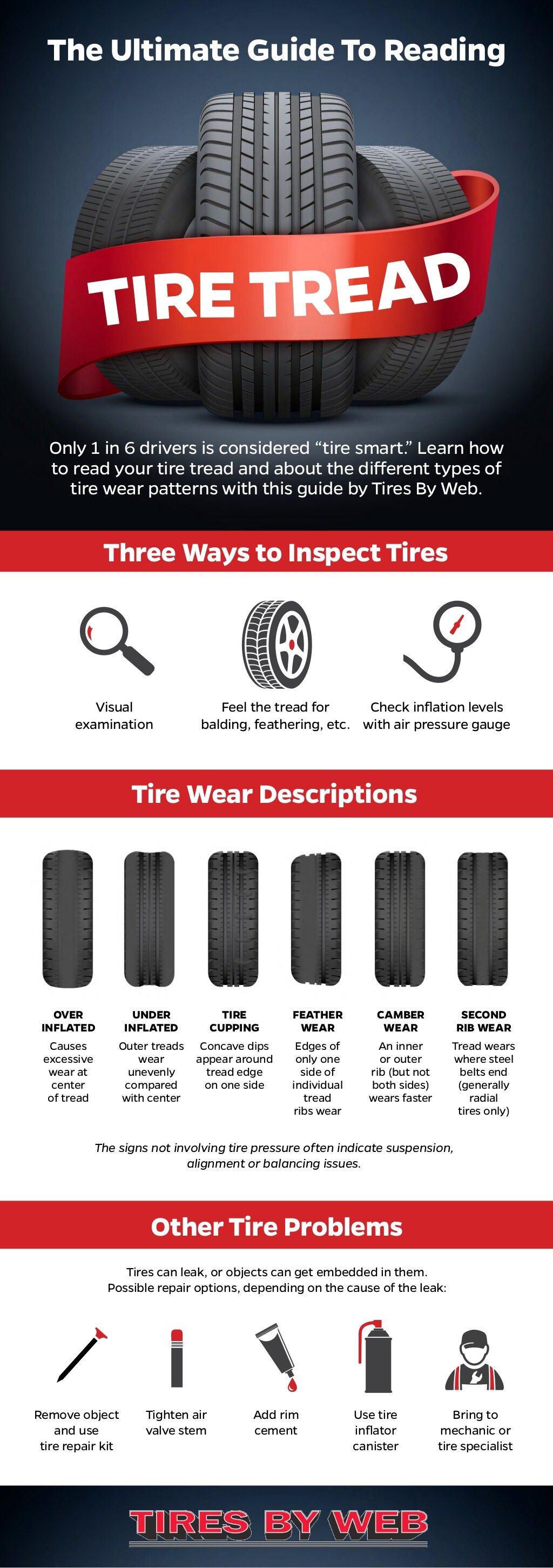Protection For Your Wheels (& Tire Tips)
Tips on Caring for Your Wheels and Tires
Wheels
At Capitol Shine, we talk a lot about protection for your paint, but what about protection for your wheels? In cities like Arlington, D.C. and Bethesda, parallel parking can take a toll on your wheels and tires, not to mention general wear and tear. Luckily, we can help protect your wheels using the same process we do with paint: Capitol Shine's Ceramic Pro.
Your wheels are a big part of your vehicle's appearance, so take the first step toward protection and schedule an appointment for your estimate.
Tires
We can wash your tires along with your paint, giving them a spectacular shine, but what about wear on the tread? For that, our friends at Tires By Web have provided some helpful information on reading tire tread, checking inflation and more.
How To Read Tire Tread
Despite loving our cars, we don’t always love paying attention to routine maintenance. Statistics show people generally take a middle-of-the-road approach to our vehicle’s tires — something that keeps us in the middle of the road.According to a national survey, only 17 percent of drivers are considered “tire smart.” Tire smart is defined as knowing how to check tire pressure – which means checking it at least monthly, comparing it to the recommendations by the vehicle maker and checking tires while they’re still cold.Not paying attention to tire inflation and tread levels can have deadly results. Right before the National Highway Traffic Safety Administration required the installation of tire pressure-monitoring systems in all new light vehicles, flat tires and blowouts caused nearly 80,000 crashes annually. Tread depth and extreme weather also factored into tire problems in the pre-crash phase. Forgetting about tire maintenance is easy, but it does cause dangerous consequences.
About Checking Tire Tread Depth
Staying Safe
Tire tread and pressure should be inspected frequently — once a week would not be overdoing it. Check your tires visually, by feeling the tread, and by checking the inflation levels with a tire pressure gauge. The standard “kicking the tires” won’t cut it for determining condition or safety anymore.Learn about tire tread with the following guide by Tires By Web.
